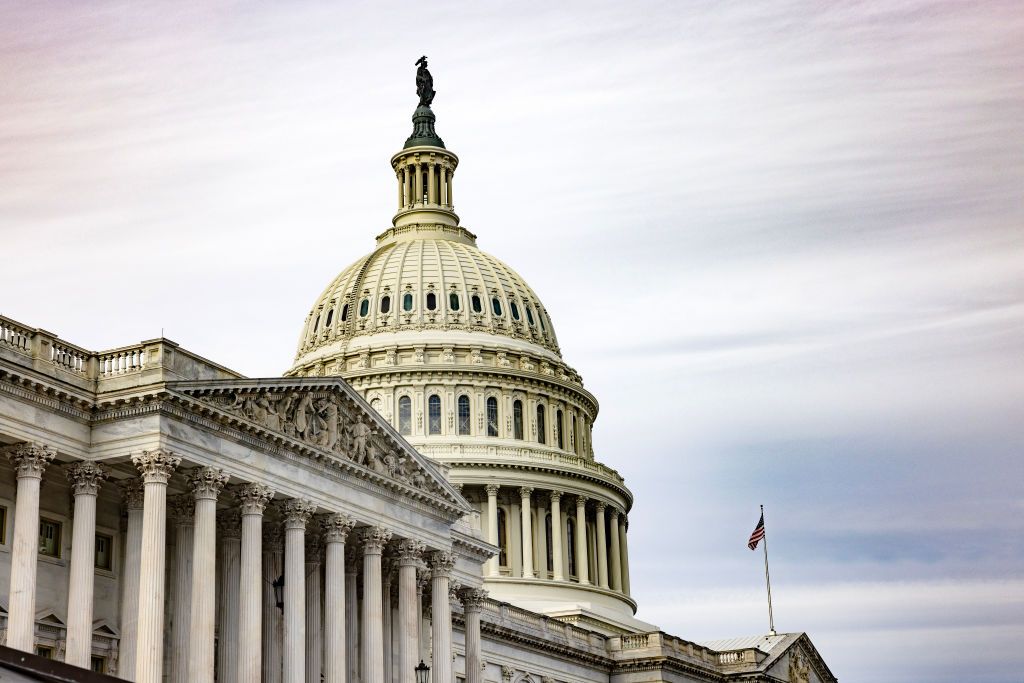Pentagon: Funds to replenish Ukraine military aid to run out on Dec. 30

The Pentagon will run out of funds to replenish arms and equipment sent to Ukraine on Dec. 30 unless Congress passes additional funding, Pentagon Comptroller Michael McCord said in a letter to congressional defense committees made public on Dec. 18.
U.S. President Joe Biden's Administration's top officials have repeatedly warned that Ukraine funds may run out by the end of the year as an additional $61 billion remains stuck in Congress.
The remaining $1.07 billion for stock replenishment would not be disbursed "until 15 days have passed following submissions of this notification," McCord's letter dated Dec. 15 read.
"Once these funds are obligated, the Department (of Defense) will have exhausted the funding available us for security assistance for Ukraine," McCord said.
"It is essential that Congress act without delay on the Administration's pending supplemental request."
Absent congressional action, the Pentagon expects only one additional drawdown package for Ukraine to be possible, McCord added.
U.S. National Security Council spokesperson John Kirby also said that one more package of military aid for Ukraine will be announced before the end of the year, adding it could be the last one unless Congress passes the administration's funding request.
"When that is done, we'll have no more replenishment authority available to us," Kirby told reporters.
Due to diminishing funds, U.S. aid packages have grown slimmer in recent weeks. Washington announced its previous tranche of $200 million on Dec. 12.
There is around $4.4 billion left in the presidential drawdown authority (PDA), which provides Kyiv with weaponry directly from U.S. stocks.
While the PDA funds would have run out by now, the Pentagon discovered in June it had overstated the value of supplies sent to Kyiv by $6.2 billion. This left Ukraine with "store credit" that has by now whittled down to the aforementioned $4.4 billion.
Although this figure suggests that Washington could keep sending smaller packages for months to come, some of the weaponry is simply not available in the U.S. military arsenals even though the credit exists.
Only a quarter of that amount is available for replenishment of existing stocks, Pentagon spokesperson Major General Pat Ryder said on Dec. 14.
A second source of funding next to the PDA is the Ukraine Security Assistance Initiative (USAI), which facilitates long-term security contracts.
The USAI ran out earlier this year, but a new defense spending budget approved by Congress last week allocated $300 million to Ukraine under the initiative.












